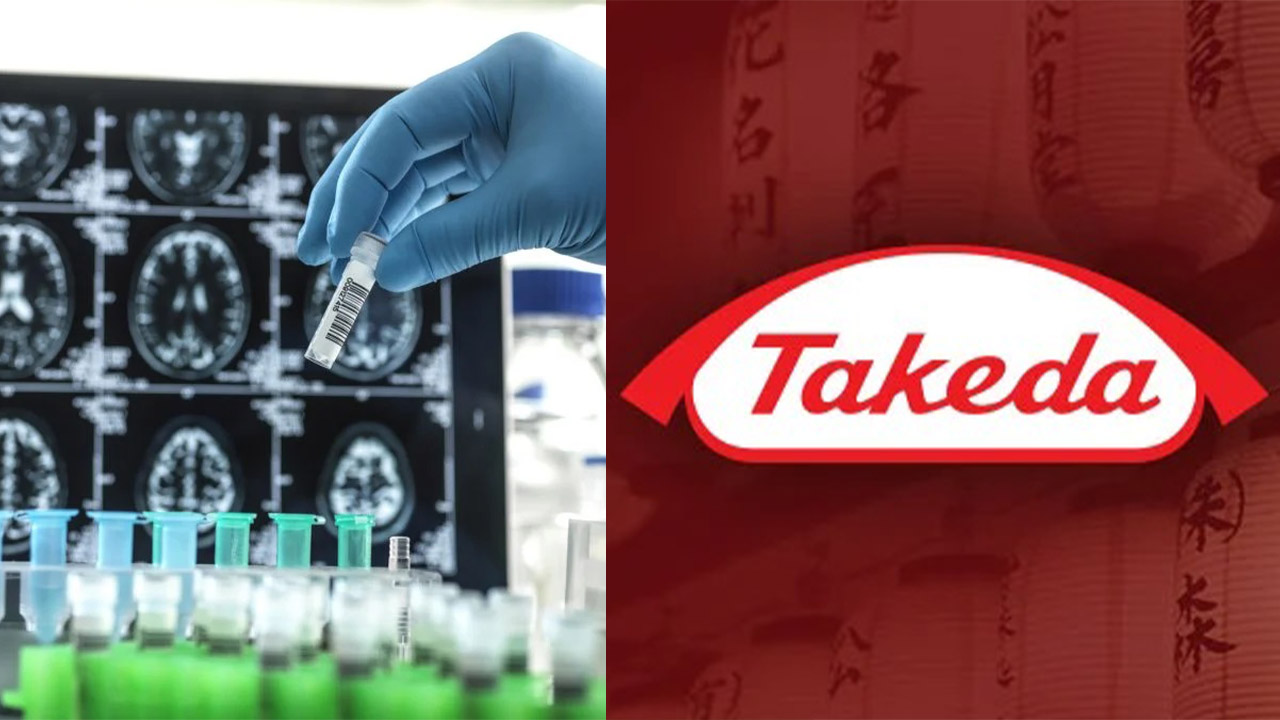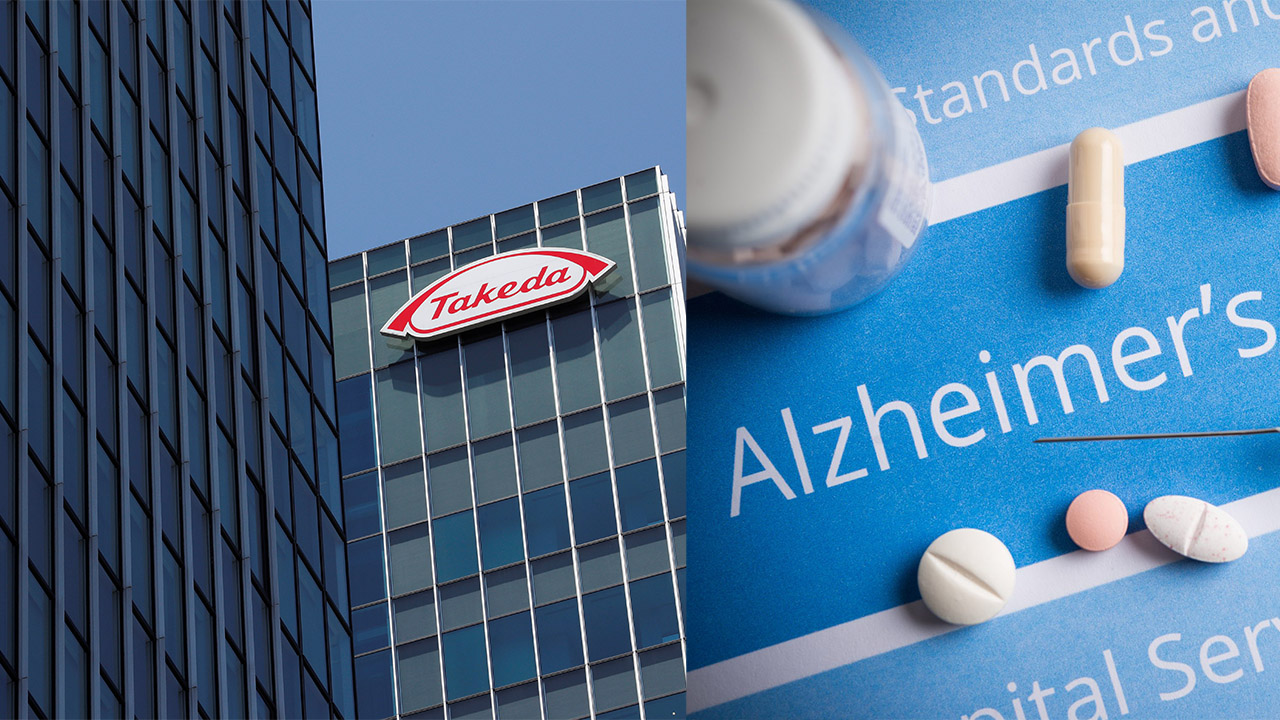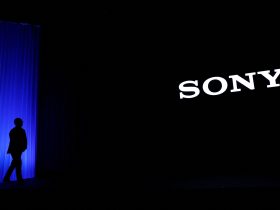Takeda Pharmaceuticals from Japan has struck a deal valued at up to $2.2 billion to collaborate with Swiss start-up AC Immune in the development of an Alzheimer’s vaccine.
This partnership underscores the intense competition among drug companies to invest in potential breakthrough treatments for Alzheimer’s disease.
The vaccine, part of a wave of new drugs nearing the market, joins other promising treatments such as lecanemab, developed by Eisai, which received regulatory approval in the United States last year.
In the agreement with Takeda, AC Immune will receive an initial payment of $100 million, with additional payments potentially reaching $2.1 billion upon reaching certain milestones, in addition to more than 10% royalties from global sales.

AC Immune’s CEO, Andrea Pfeifer, mentioned that while early trials have not raised safety concerns, efficacy data will only be available after completing a mid-stage trial within the next year.
The vaccine, named ACI-24.060, stimulates an immune response leading to the production of antibodies against beta amyloid, the protein responsible for Alzheimer’s plaques.
Lecanemab, another promising drug, works differently by reducing amyloid plaques through antibody infusion.

However, it requires multiple infusions over 18 months and regular MRI scans to monitor potential side effects, making it costly and cumbersome for patients.
Pfeifer highlighted the advantage of vaccines like ACI-24.060, which could be administered more affordably and less frequently, potentially two to four times a year, compared to antibody infusion drugs.
With Alzheimer’s affecting up to 70% of the 55 million people worldwide with dementia and expected to rise to 139 million by 2050, Pfeifer sees the vaccine as a potential preventive measure for those at risk of developing the disease.
Takeda’s head of the neuroscience therapeutic area unit, Sarah Sheikh, expressed enthusiasm for the partnership, emphasizing the groundbreaking nature of the treatment approach developed by AC Immune.







Leave a Reply